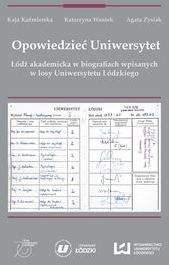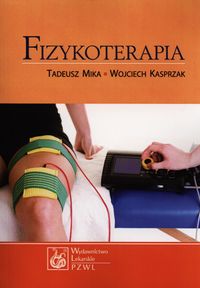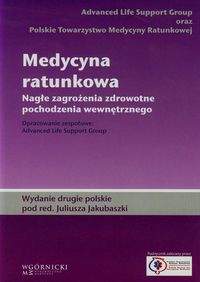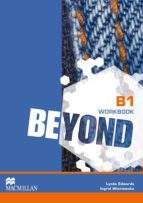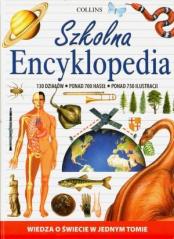Stan książek
Nasze książki są dokładnie sprawdzone i jasno określamy stan każdej z nich.






Nowa
Książka nowa.





Używany - jak nowa
Niezauważalne lub prawie niezauważalne ślady używania. Książkę ciężko odróżnić od nowej pozycji.





Używany - dobry
Normalne ślady używania wynikające z kartkowania podczas czytania, brak większych uszkodzeń lub zagięć.





Używany - widoczne ślady użytkowania
zagięte rogi, przyniszczona okładka, książka posiada wszystkie strony.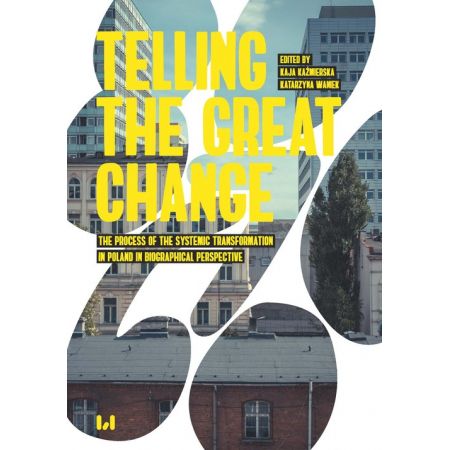
Telling the Great Change
DODAJ DO LISTY ŻYCZEŃ
Masz tę lub inne książki?
Sprzedaj je u nas
The book is pioneering in Poland. but also in Central Europe. lt shows the mechanisms of adaptation to the systemie transformation in Poland after 1989, based on the analysis of narratives of people barn in 1960, 1970 and 1980 who are representatives of diverse social milieus and have different professional and life experiences. The reader will find here a model application of the biographical research methodology developed by Fritz Schtze for a series of case studies. which makes this publication the most extensive work using the indicated method for research on transformation. The authors of the individual chapters, emphasizing the individual agency of the subjects, avoid the pitfalls of neoliberal discourse shifting responsibility for their fates onto individuals. Apart from the analysis of autonomous ways of agency, they show various potentials of losing control over one's life, biographical trajectories, as well as biographical resources, mainly of a family nature, which serve to deal mare effectively with the consequences of systemic transformation.
Wybierz stan zużycia:
WIĘCEJ O SKALI
The book is pioneering in Poland. but also in Central Europe. lt shows the mechanisms of adaptation to the systemie transformation in Poland after 1989, based on the analysis of narratives of people barn in 1960, 1970 and 1980 who are representatives of diverse social milieus and have different professional and life experiences. The reader will find here a model application of the biographical research methodology developed by Fritz Schtze for a series of case studies. which makes this publication the most extensive work using the indicated method for research on transformation. The authors of the individual chapters, emphasizing the individual agency of the subjects, avoid the pitfalls of neoliberal discourse shifting responsibility for their fates onto individuals. Apart from the analysis of autonomous ways of agency, they show various potentials of losing control over one's life, biographical trajectories, as well as biographical resources, mainly of a family nature, which serve to deal mare effectively with the consequences of systemic transformation.
